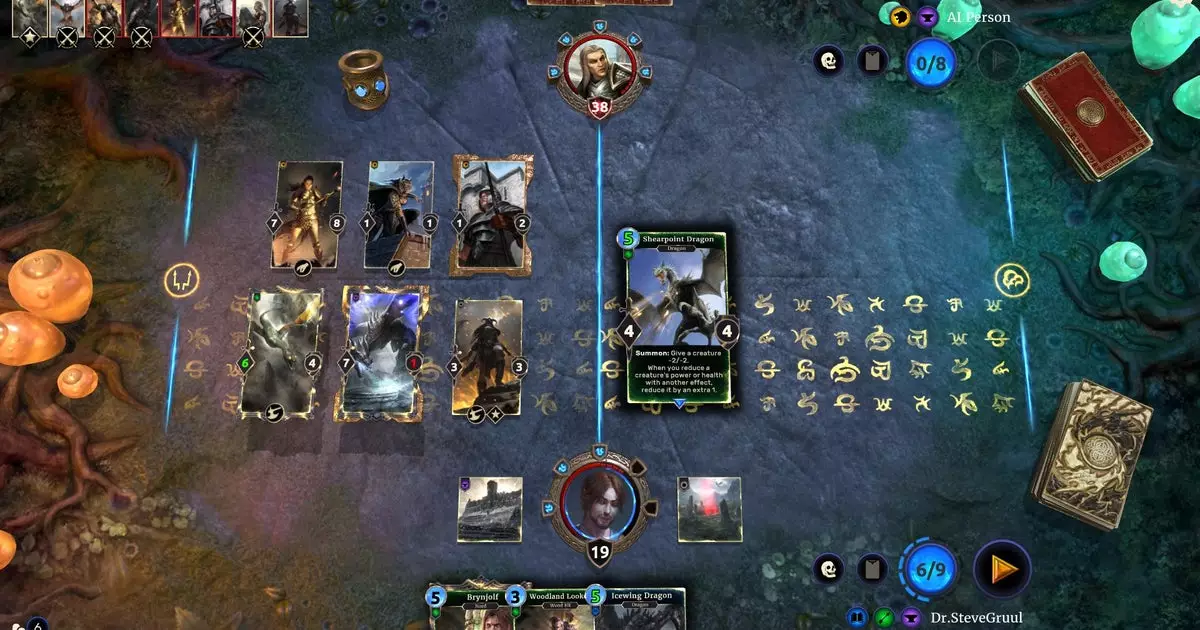The announcement regarding the impending shutdown of *The Elder Scrolls: Legends*, a free-to-play card game set in the beloved universe of Bethesda, marks a poignant moment in the history of digital gaming. Having existed for a little over five years since its launch, the game will see its servers go dark on January 30, 2025, leaving players unable to access their beloved cards and strategic battles. The abrupt removal from the Steam store further underscores the game’s decline, revealing a disturbing trend within the industry—once-popular games can vanish overnight, stripping away the digital lives of dedicated gamers who invested time and resources.
Upon announcing the impending shutdown, the game’s developers issued a message within the game itself as well as on its Steam page. The tone of their communication reflected gratitude towards players while offering a final opportunity to experience the game’s content at a drastically reduced price of just 1 gold per item. However, such an offer feels a bit hollow when viewed through the lens of a community that has been largely abandoned since the last game update in 2018. Upon its release, *Legends* was lauded for its incremental advancements over its competitors, notably its innovative rune system. Yet, it quickly fell into obscurity, a testament to the fragility of live-service models that depend heavily on continuous support and community engagement.
In a gaming landscape frequently dominated by mobile and free-to-play models, the fate of *Legends* highlights a critical issue: live-service games often operate on a precariously thin margin of sustained interest. Fans of the game were not left with an offline mode or a chance to revisit their cards in the future, which leads to inevitable questions about value. How is it that a medium as rich and diverse as video games can operate under such clear constraints? Wouldn’t it be wise for developers to allow their players to access the worlds they’ve built long after online services cease?
The closure of *The Elder Scrolls: Legends* serves as a broader commentary on the gaming industry. Many players find themselves disillusioned, as the promise of immersive experiences can be abruptly axed, reducing years of digital effort to mere voids on the internet. While traditional media like films or books allow for enduring access, the transient nature of live-service gaming paints a grim picture of consumer loyalty. What’s left is not just frustration but a growing sentiment that players’ investments—both emotional and financial—are undervalued.
As *The Elder Scrolls: Legends* prepares to bid farewell, industry stakeholders should engage in critical introspection. Considering the impact of server shutdowns and the fate of games long after their prime, the time has come for developers to evaluate their customer relationships, providing more sustainable avenues for player engagement. Embracing a community-centric approach could pave the way for a more promising and enduring gaming culture, one where the passion of players can flourish long after a game has departed from the digital marketplace. The closure of *Legends* is not just a logistical end; it should act as a clarion call for a redefined approach to digital gaming and community legacy.

